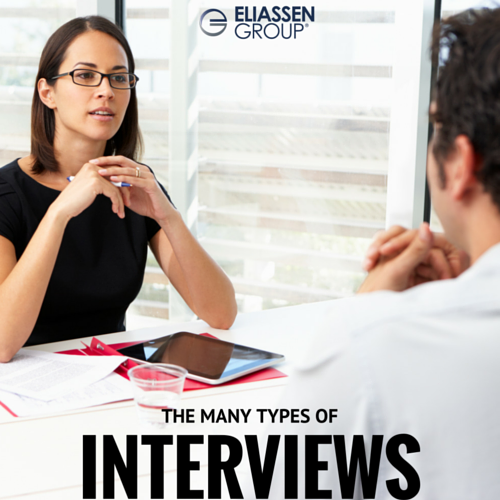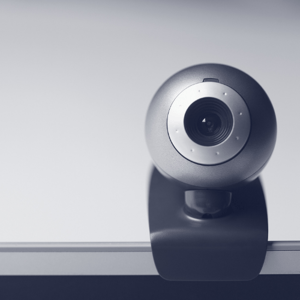We've all read about the various types of interview questions that are commonly asked but in today's competitive marketplace, the interviewing process is changing dramatically. While some companies are still conducting traditional interviews, others are developing new formats and processes that align more closely with the function and role that the interviewee would potentially fill.
This is a very smart approach considering it's not always easy for companies to truly determine if there is a real fit during the typical interview process. Realistically speaking, many people can tell their interviewers what they want to hear and while they may create a strong rapport, it makes it tough to determine if the candidate can truly execute on the job functions that he/she will be required to perform.
On the candidate side, it's also beneficial to have an interview experience that is more closely aligned with the role that he/she is pursuing because it provides a true sense of how the company functions and what will be expected should a job offer be forthcoming. In a recent Glassdoor report, more "stringent" interviews led to a 2.6% increase in employee satisfaction later on so clearly there is a connection.
All that said, it's critical to understand these different interviewing styles and what you can expect:
Behavioral and Situational Interviews
These types of interviews require the candidate to focus on previous behaviors or future predictions of behavior to determine whether the person is a fit for a particular job. In many traditional situations, interviewers will ask both kinds of questions to get to a strong picture of potential performance. For these interviews, it's important to think about key examples so that you can refer to them during the discussion. Think about both good and bad experiences; what did you do well and how could you have improved?
The Presentation Interview
Presentation interviews are quite common in the world of sales. You may be given a fictitious client scenario, either in advance or during the interview itself, and you need to develop a brief sales pitch or overview. In this situation, you really need to think about time. If the information was provided in advance, then you can take the time to develop a great Powerpoint and provide necessary resources during your discussion. But if you have 15-20 minutes, then you won't have time for fancy presentations so be sure to focus on the solutions and messaging you want to get across.
The Panel Interview
This is often the least favorite type of interview among candidates because there are usually 4 or more interviewers together in one place asking you a variety of questions. Typically, each one will focus on a different area to avoid overlap. The key here is to remain calm, make eye contact with each interviewer and just answer the questions as honestly as you can. While this one can be stressful, keep in mind that it also might expedite the entire interviewing and hiring process.
The "Working" Interview
These days, many companies are asking candidates to complete a specific task which could involve writing some code, analyzing a case or developing a piece of content. For strong candidates, this is a fantastic opportunity to show off capabilities. In these cases, you probably won't know the specifics of the work you will be asked to complete but it's important to remember that this potential employer wants to see more than the resulting body of work; they want to see how you think, how you perform under pressure, in addition to your work style.
Alternatives to the Interview
Some companies, particularly start-ups and smaller organizations, are opting out of the formal interview process altogether and moving towards more informal processes to get to know candidates. This might involve a few coffee shop discussions, Skype conversations, online community discussions, videos and other ways of connecting informally. This can serve to cut back on the time to hire, as well as make candidates feel more comfortable with the process. Job candidates should remember, however, that they still need to be professional and think of these discussions as interviews.
The evolution of the interview process is one that we continue to follow at Eliassen Group and we work closely with our consultants to ensure that they have the skills they need to be successful. Do you have questions about interviewing or are you looking for a new position? Let us know how we can help: 800.354.2773 or email us at careers@eliassen.com.



